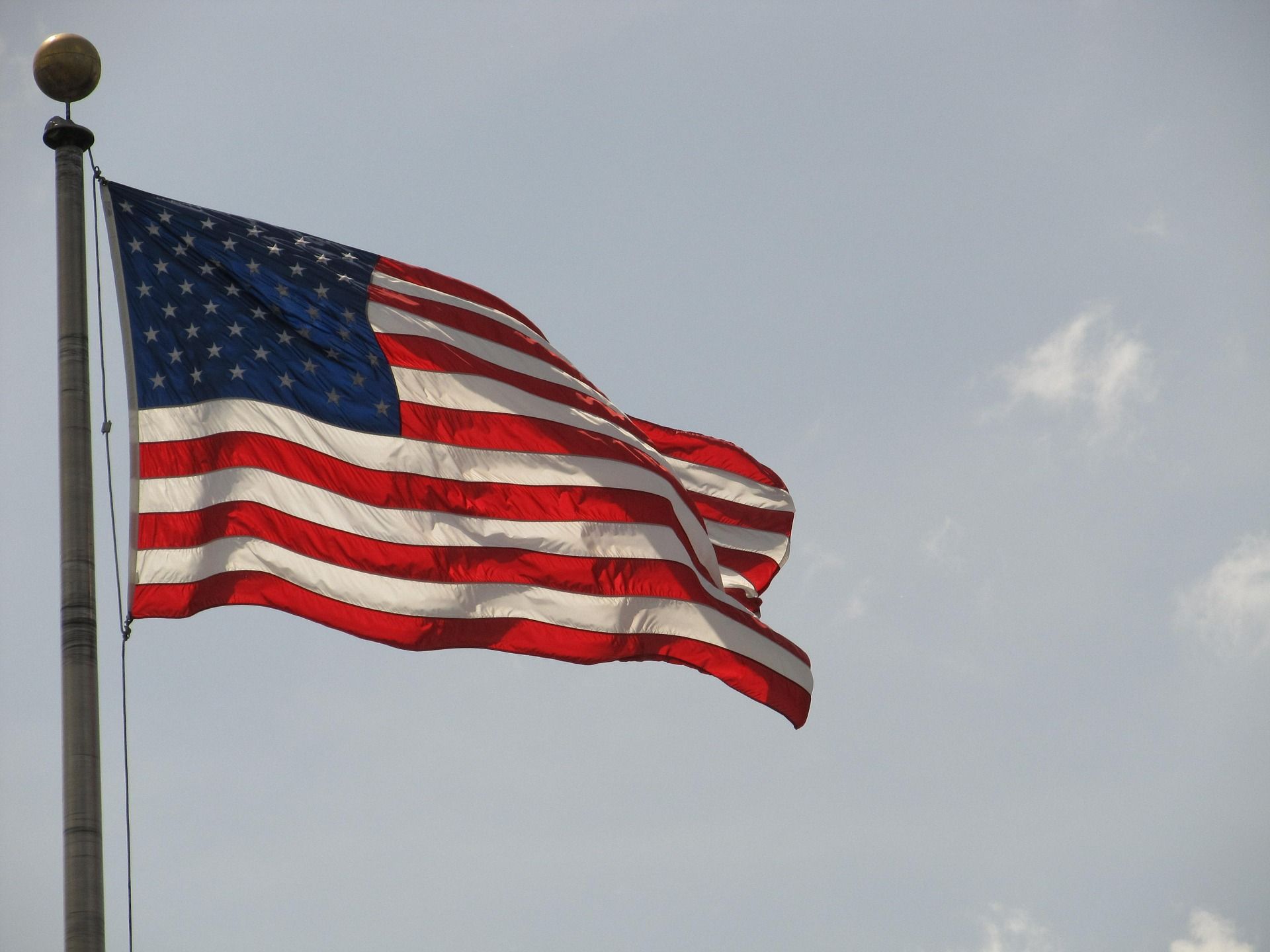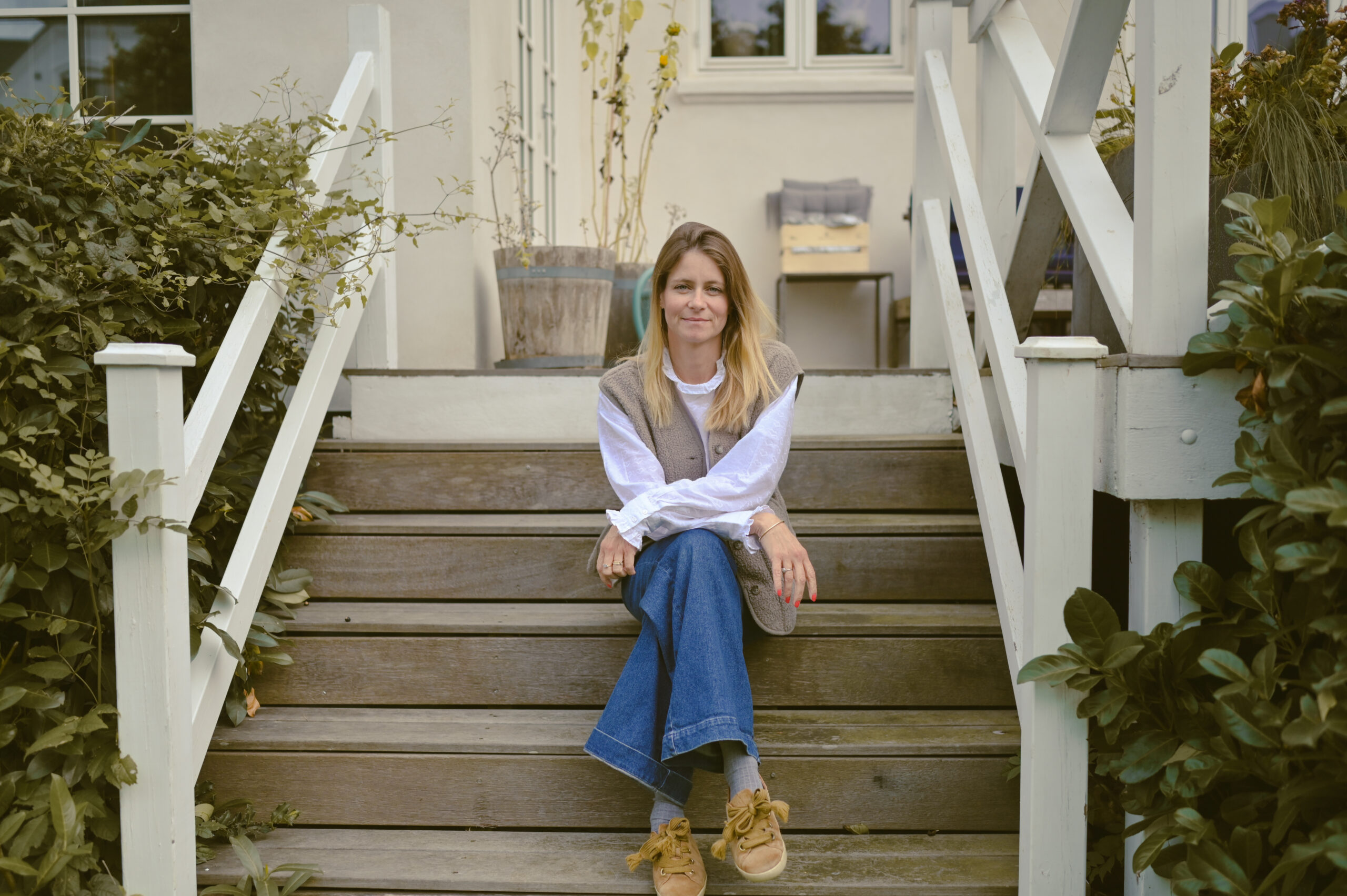A new claim by a team of researchers suggests colonisation of the Faroe Islands – a Danish self-governing territory about 400 kilometres north of Scotland – occurred 300 to 500 years before the Vikings arrived in the ninth century. This discovery puts in doubt what many had accepted to be common knowledge.
Mike Church, an environmental archaeologist at Durham University, said there’s definitive proof in his research, published in the journal Quaternary Science Reviews. The proof comes in the form of carbon dating of a mixture including peat ash, burnt bone, and carbonised barley, which is not native to the Faroe Islands. The tests, which took place on the Faroese island of Sandoy, concluded that the mixture predates the arrival of the Vikings.
“This is the first archaeological evidence that proves there were humans there at the Faroes prior to the big Viking colonisation,” Church told Discovery.com.
But there’s one thing Church and his team are still trying to figure out – where did these mystery settlers come from?
Intentional travellers
While most assumed the Vikings first staked claim to the Faroes, there have been earlier suggestions otherwise. Around 825, the Irish monk Dicuil wrote of Irish hermits settling a chain of islands that may have been the Faroes. His book, ‘Liber de Mensura Orbis Terrae’, also includes description of the Faroese landscape and creatures native to the islands.
When the Vikings arrived, according to Church, they constructed communities that wiped out nearly all of the evidence of the previous settlers.
Whoever the settlers were, they arrived intending to colonise the Faroes. Navigating the North Atlantic at the time required advanced sea-faring skills and properly outfitted ships, meaning the discovery didn’t occur by happenstance.
Still there?
Simun Arge, a researcher with the National Museum of the Faroe Islands and a co-author of the report, agreed the first settlers were not just guests.
“Although we don't know who the people were that settled here and where they came from, it is clear that they did prepare peat for use, by cutting, drying and burning it, which indicates they must have stayed here for some time,” Arge said.
However, Church claims there’s no evidence that the original settlers of the Faroes went further afield.
“That’s not to say there isn’t any,” Church said to the Postmedia News in Canada. “We just haven’t found it.”














